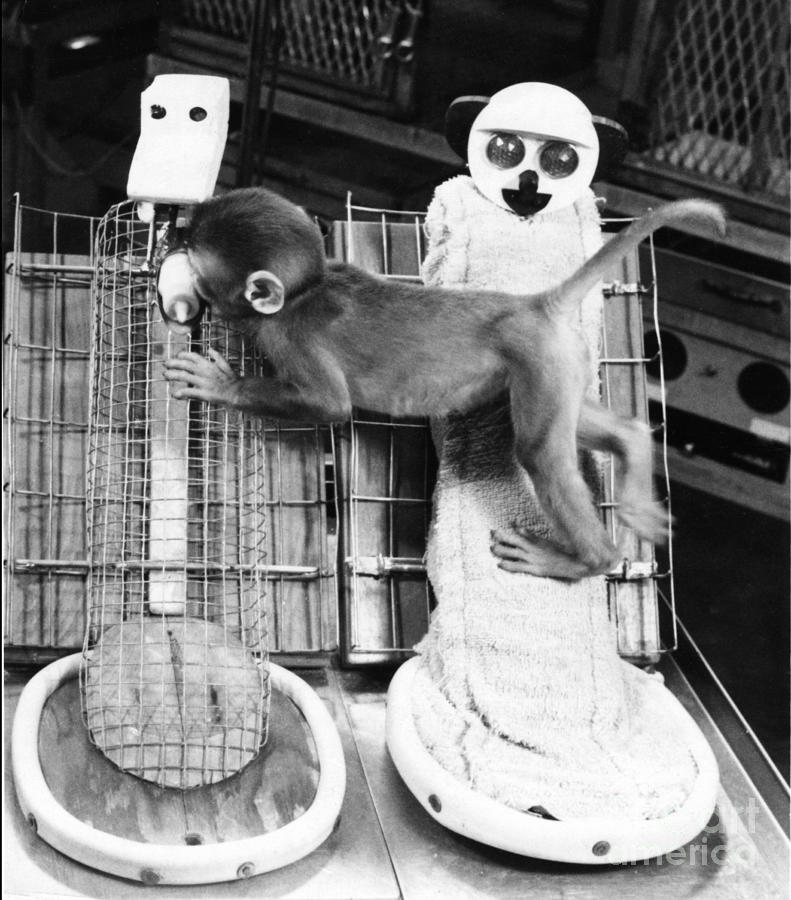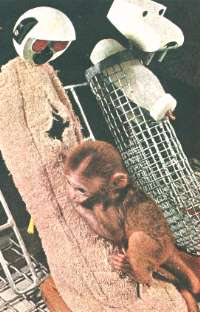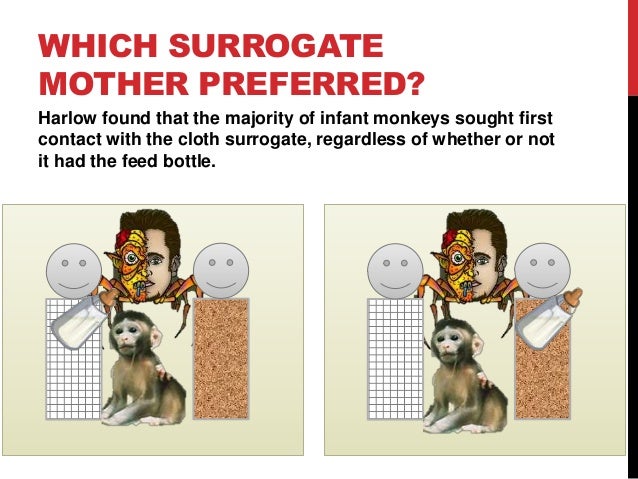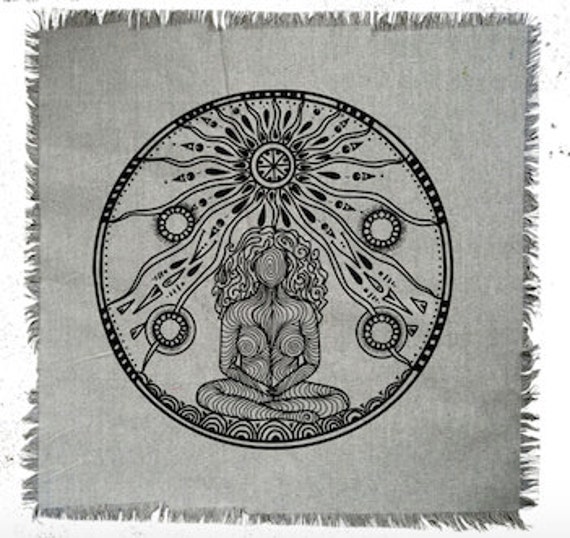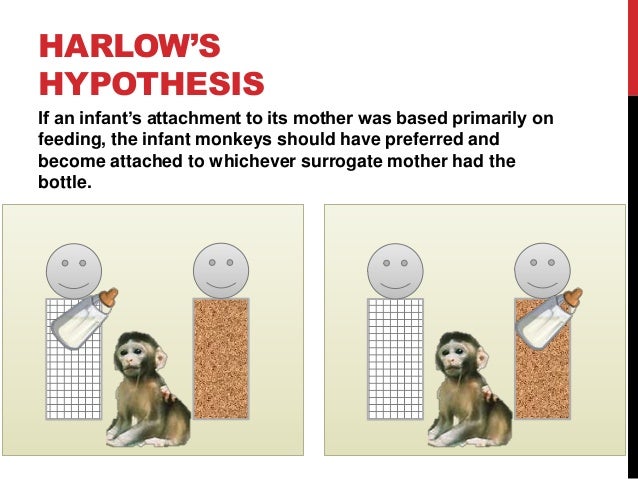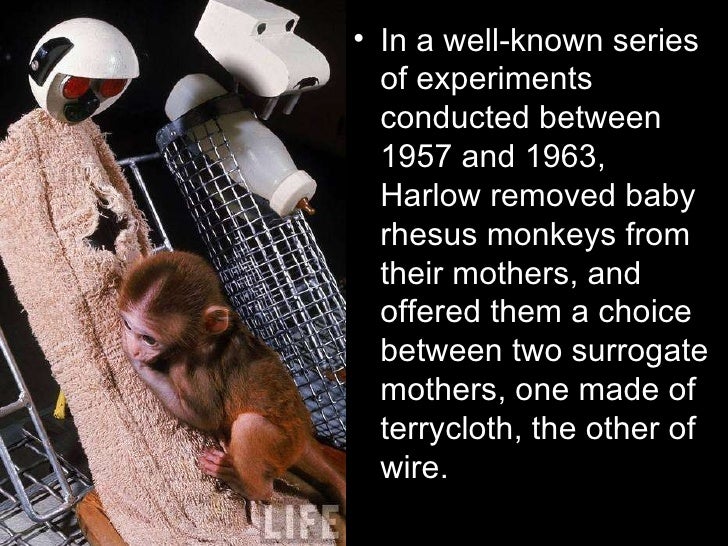Click here to visit our frequently asked questions about html5 video. The terry cloth mother is pictured above.
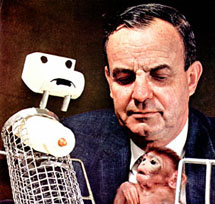
Adoption History Harry Harlow Monkey Love Experiments
The bare wire mother appears below.

Monkey cloth mother. Harlows goal was to study the nature of attachment and how it affects monkeys who were deprived of their mothers early in life. Even when only the wire mother could provide nourishment the monkeys visited her only to feed. Results of the harlow monkey experiment.
Given a choice infant monkeys invariably preferred surrogate mothers covered with soft terry cloth and they spent a great deal of time cuddling with. Harry harlow with the mother surrogates he used to raise infant monkeys. Monkey baby nui mom made new clothes for nui.
Overwhelmingly the infant macaques preferred spending their time clinging to the cloth mother. In the other situation the cloth mother held the bottle and the wire mother had nothing. Nui loves it duration.
After observing the baby monkeys over time harlow found that even though the baby monkeys received nourishment from the wire mesh mother they still spent more time cuddling and being affectionate with the terry cloth mother. Harlow monkey love experiments. Cute monkey with new clothes monkeys have fun with their new clothes and enjoy a good nights sleep.
Monkey studies harlow. Harlow concluded that there was much. Harry harlow shows that infant rhesus monkeys appear to form an affectional bond with soft cloth surrogate mothers that offered no food but not with wire surrogate mothers that provided a food.
In the 1950s psychologist harry harlow began a series of experiments on baby monkeys depriving them of their biological mothers and using substitute wire and terry cloth covered mothers. Your browser does not currently recognize any of the video formats available.

Kl Bogel The Dark Side Of Discovery Harry Harlow 19 Photos

Introducing The Mothers Monkey Love
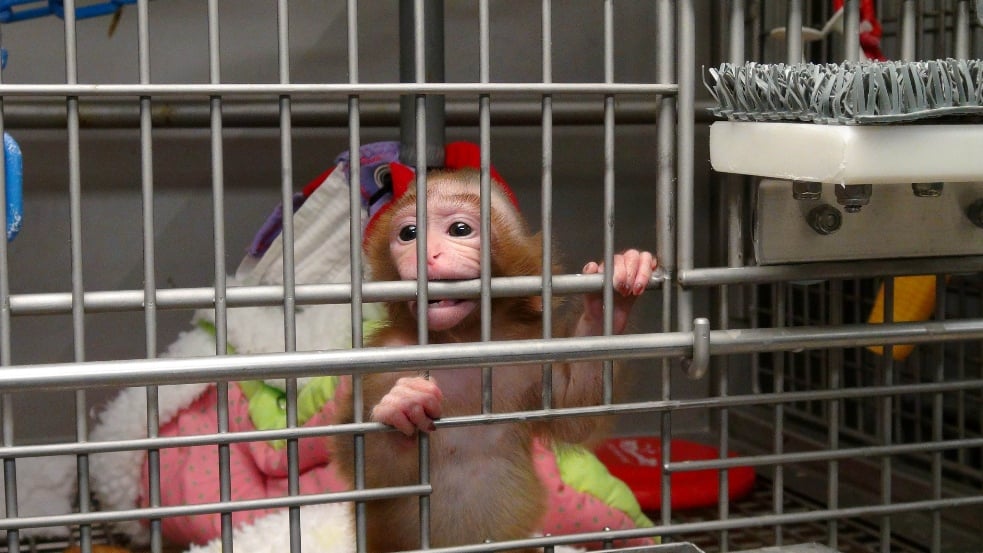
Nih Child Abuse Experiments On Baby Monkeys Exposed
